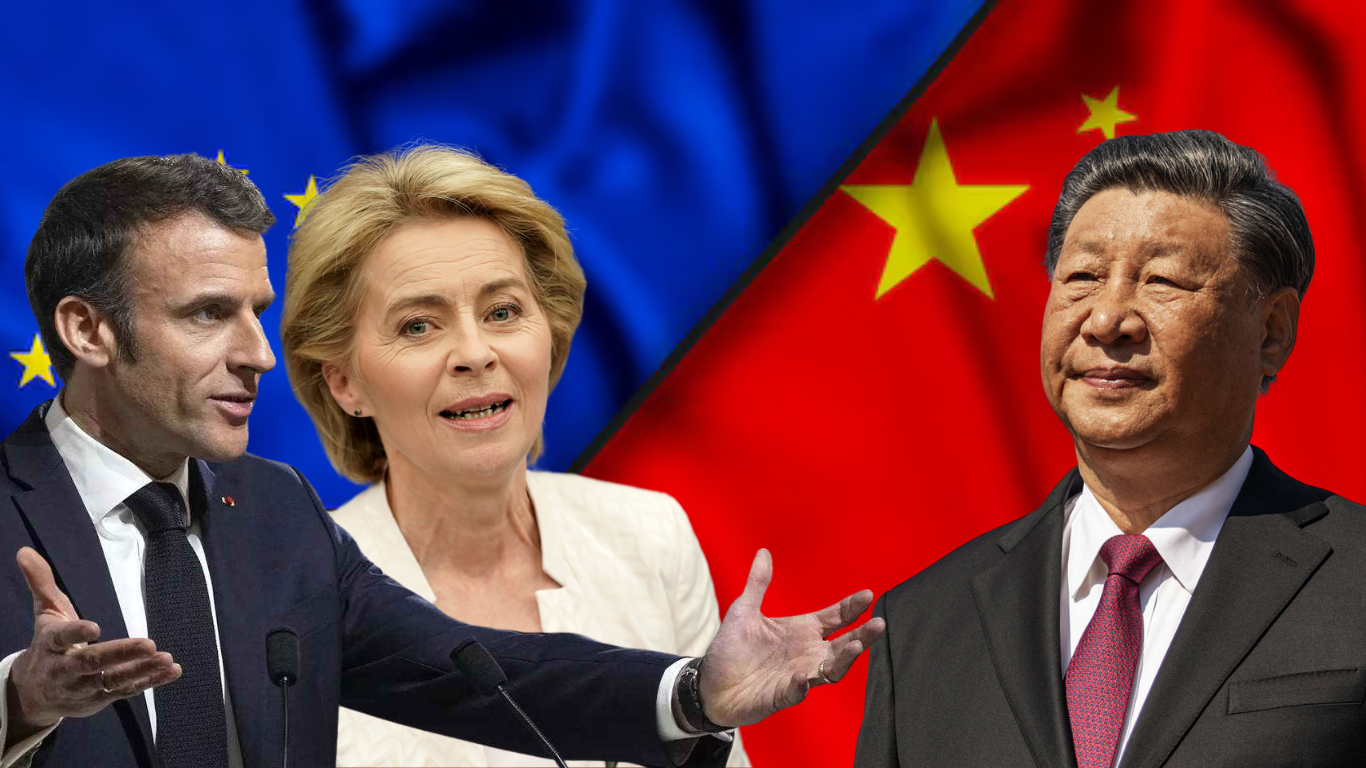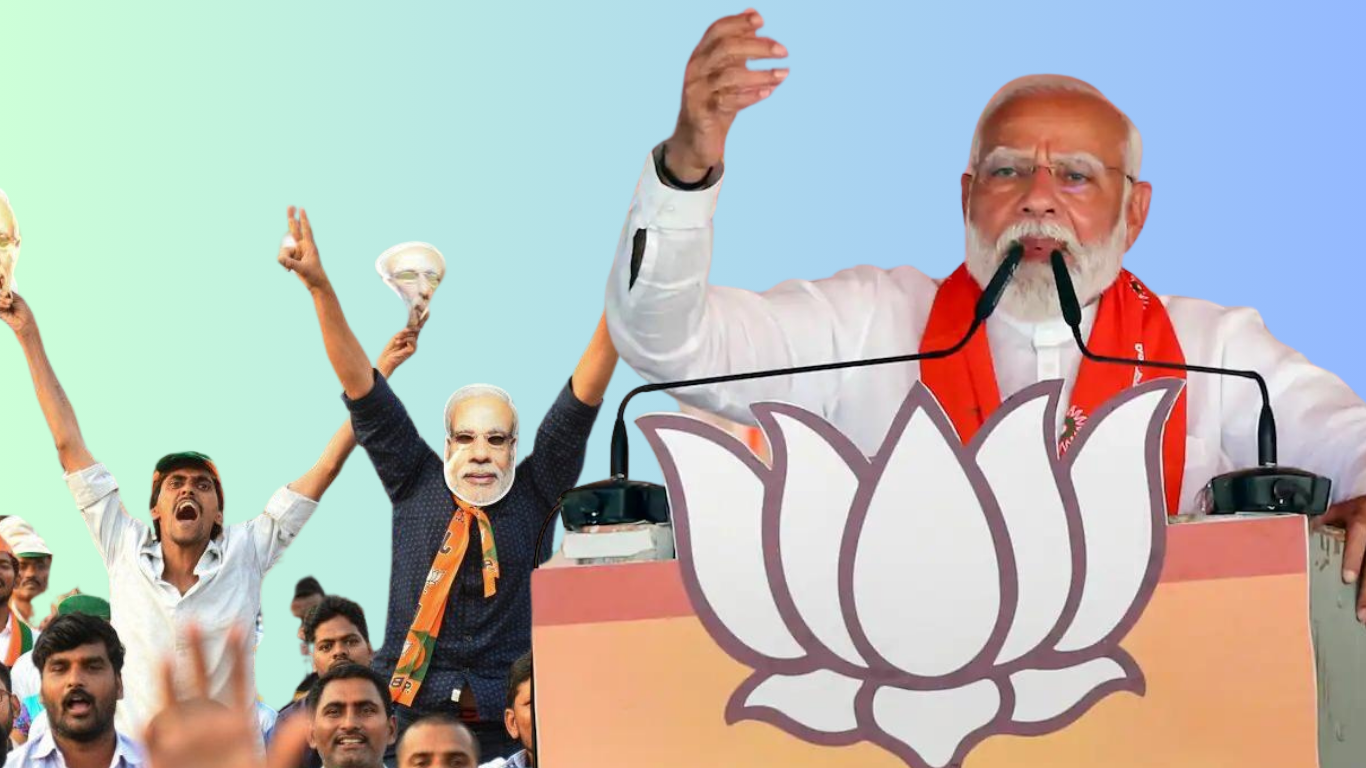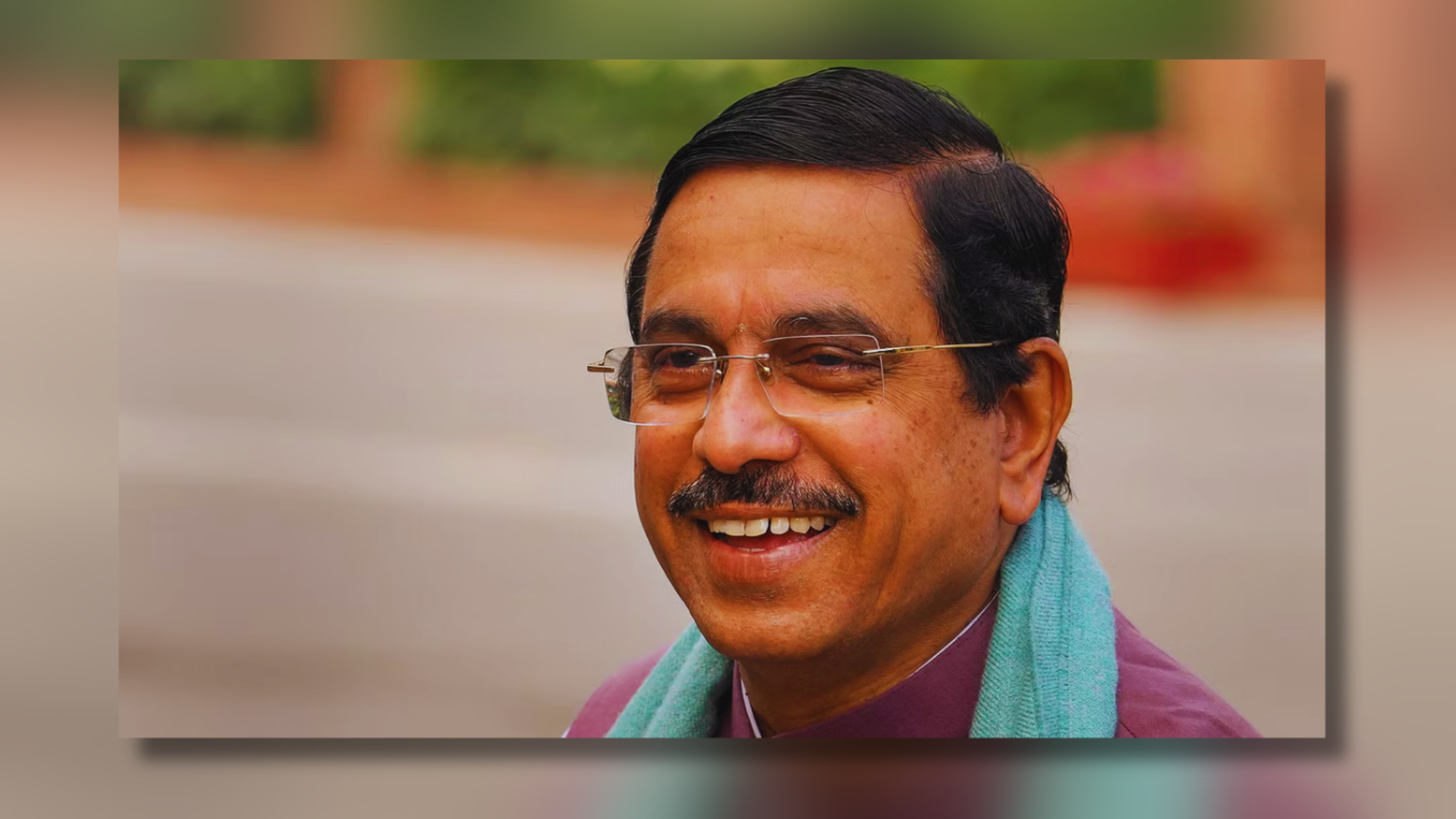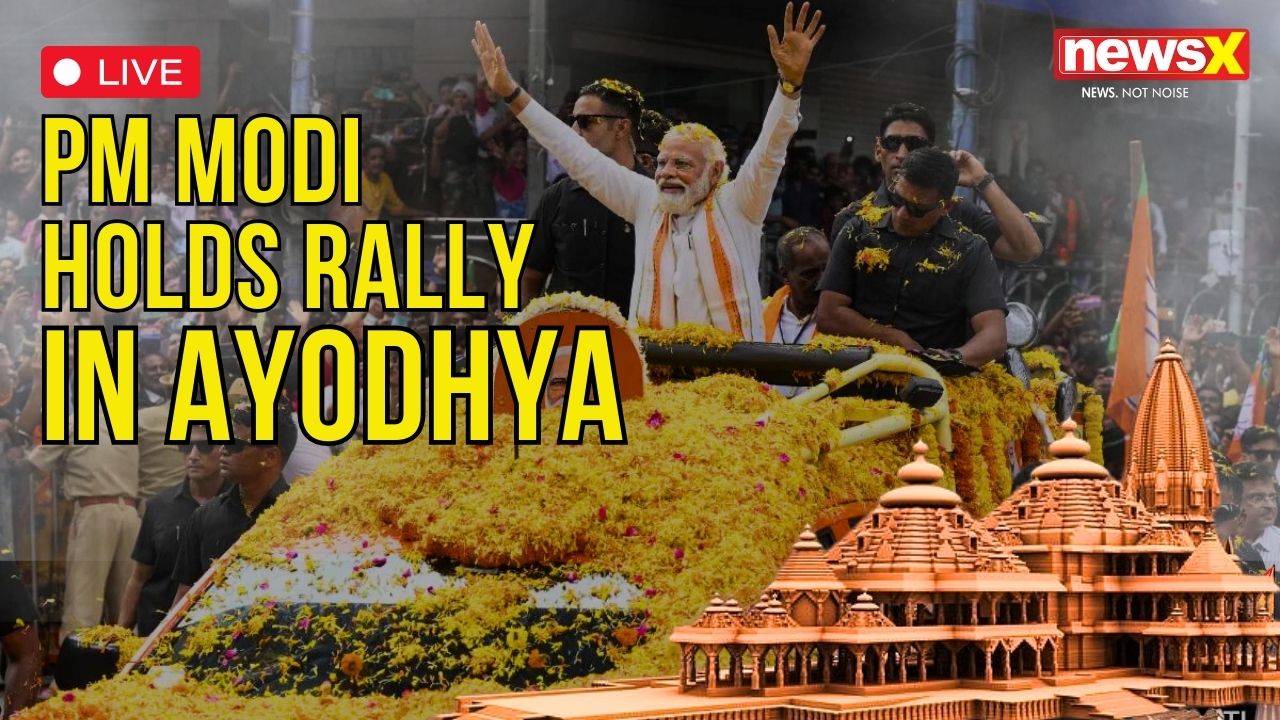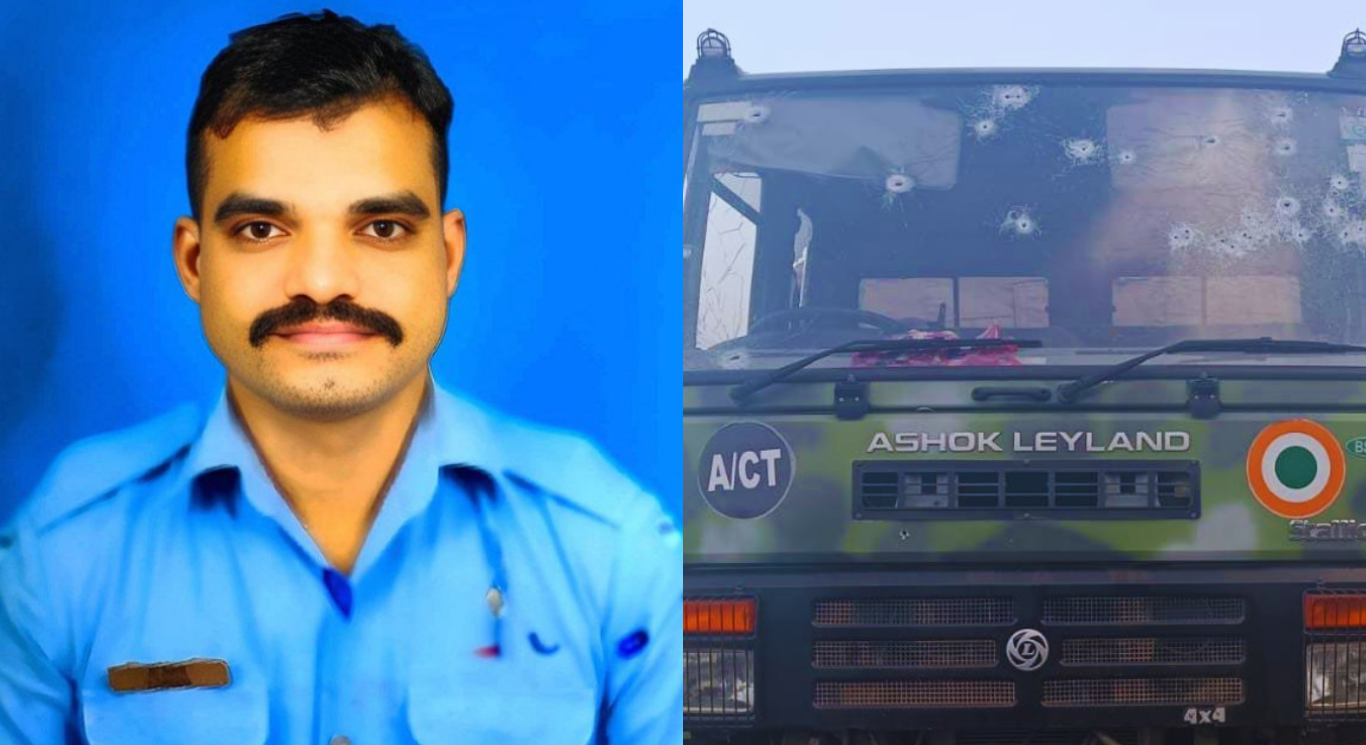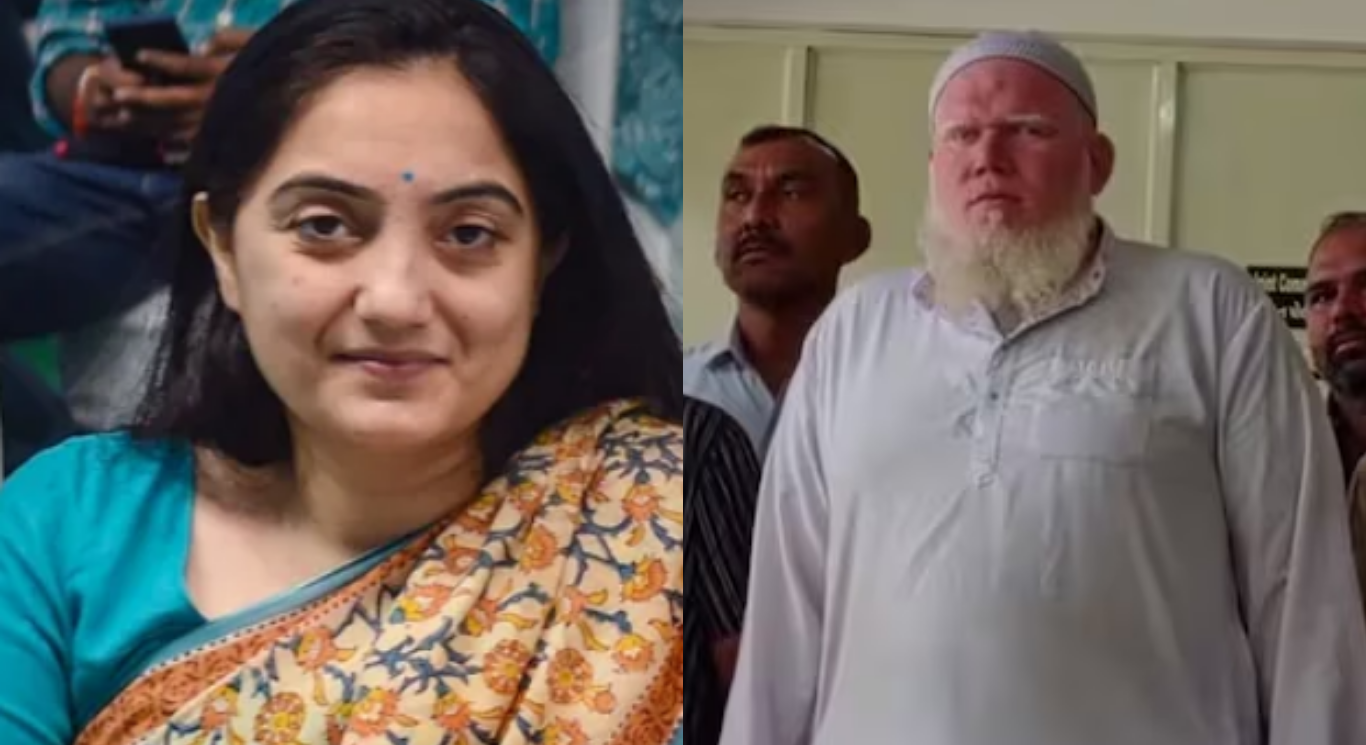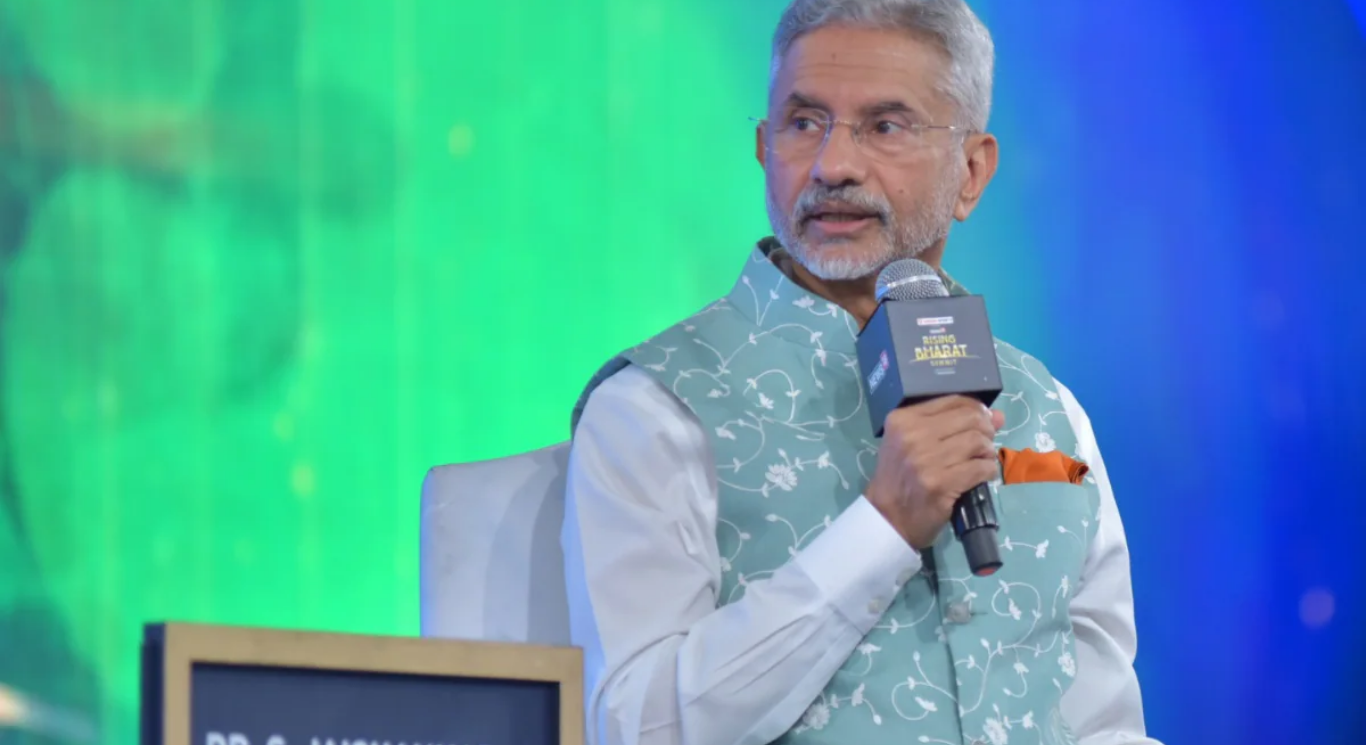


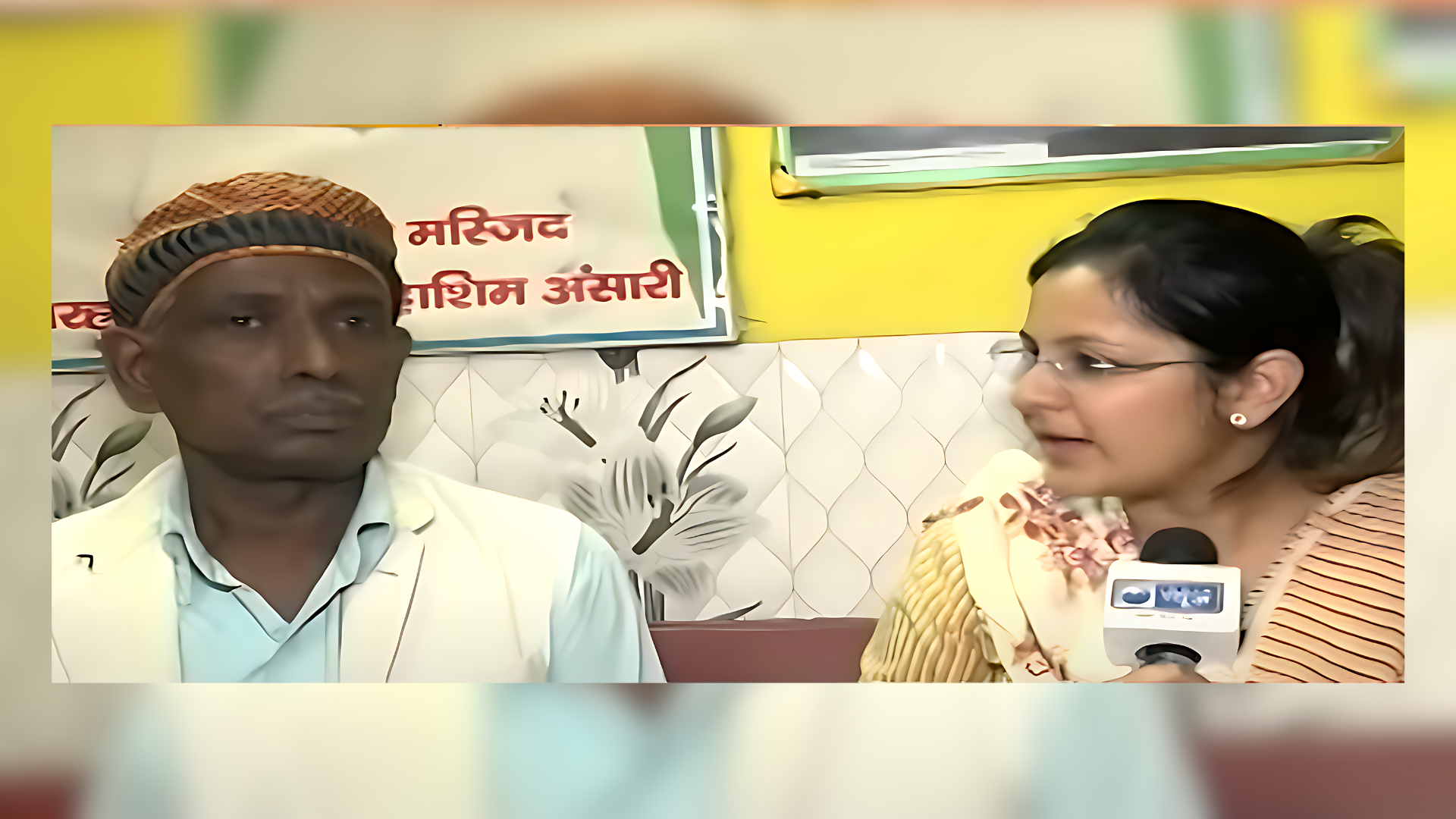
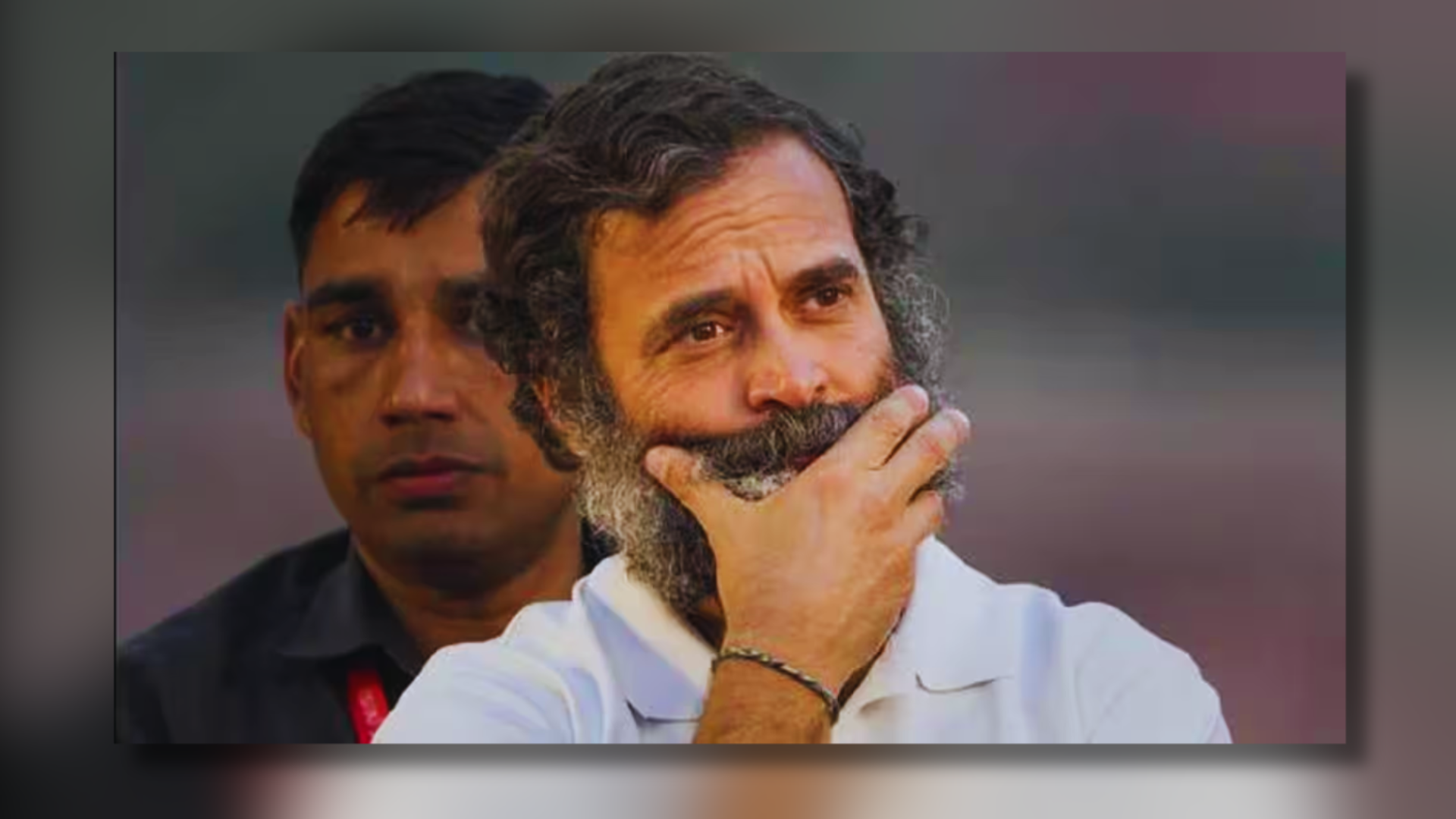
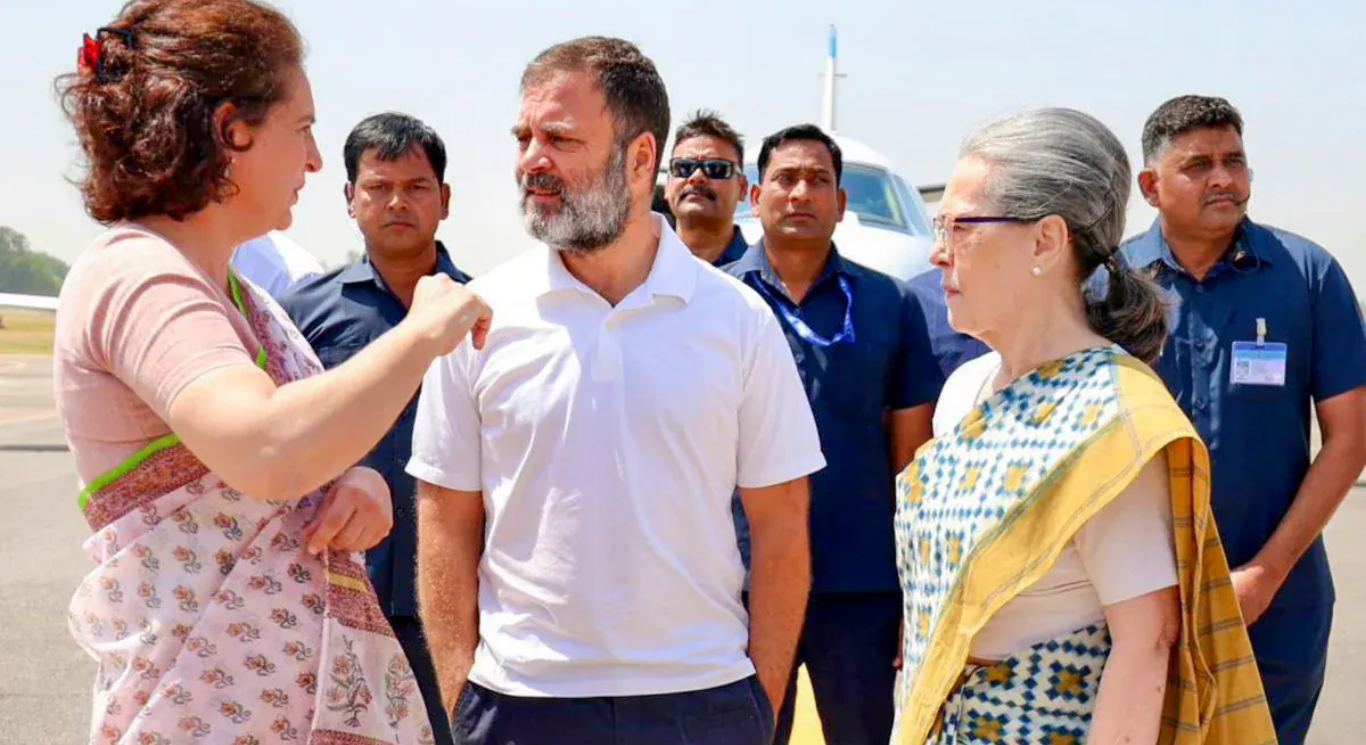
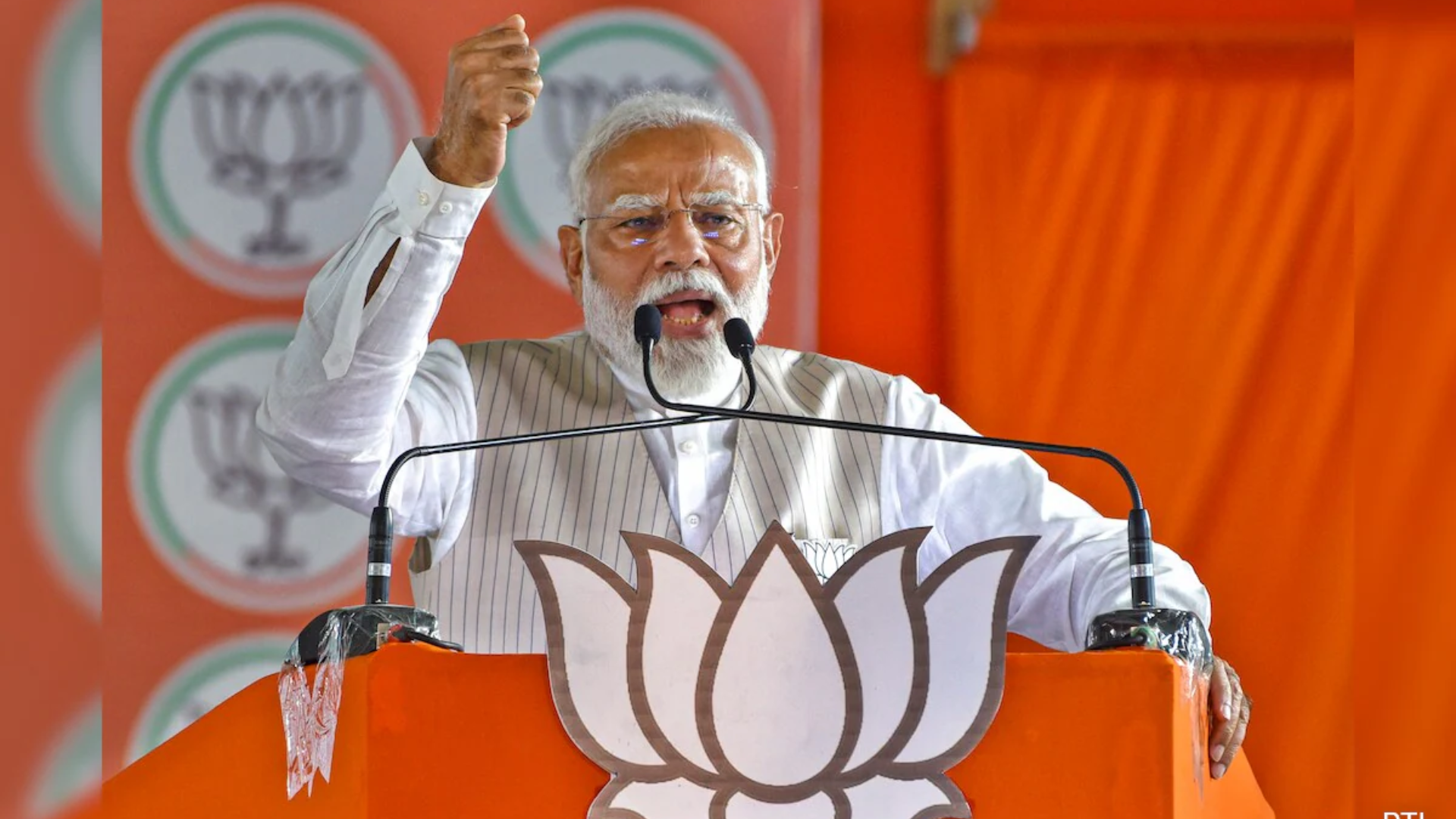
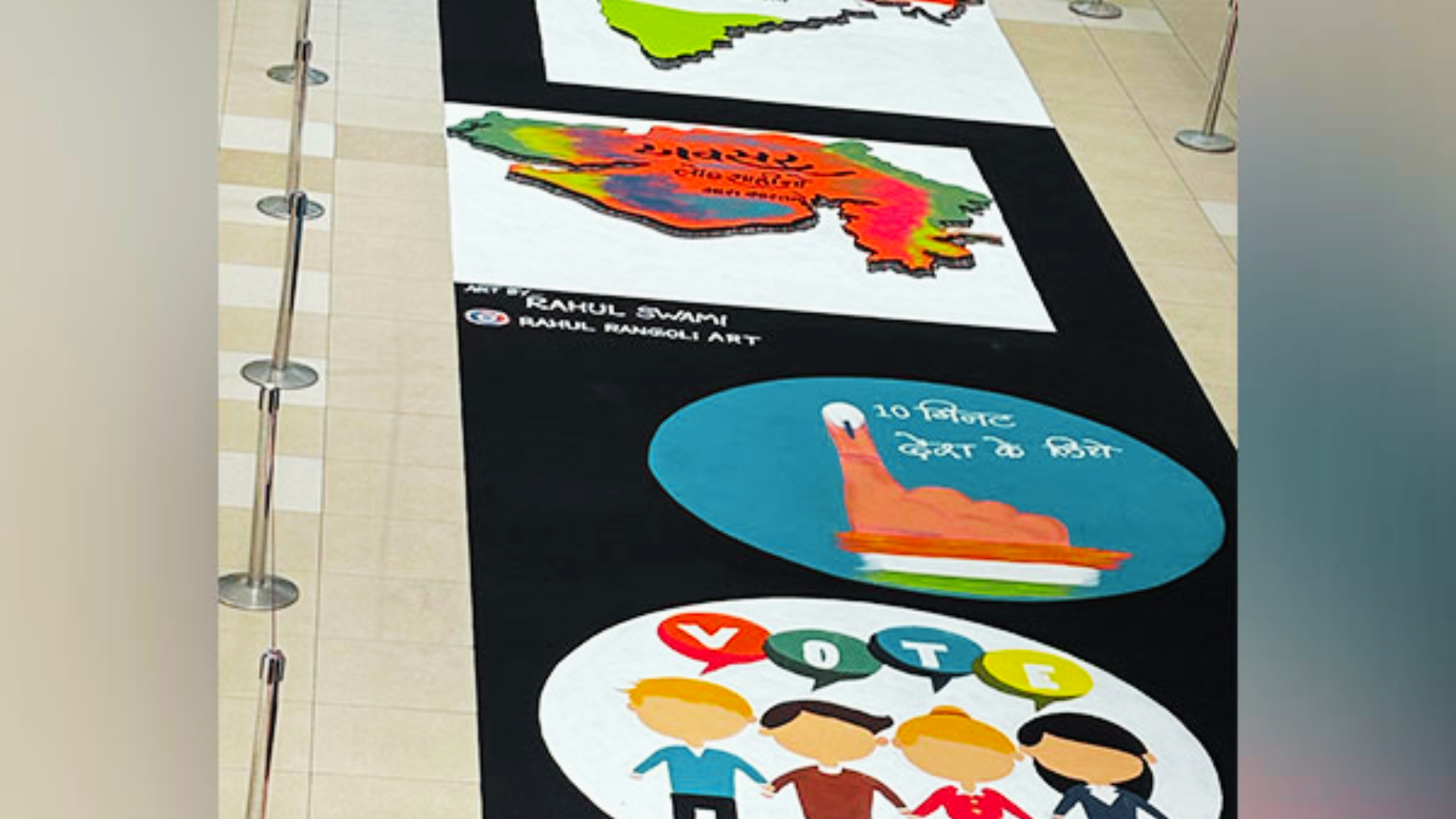
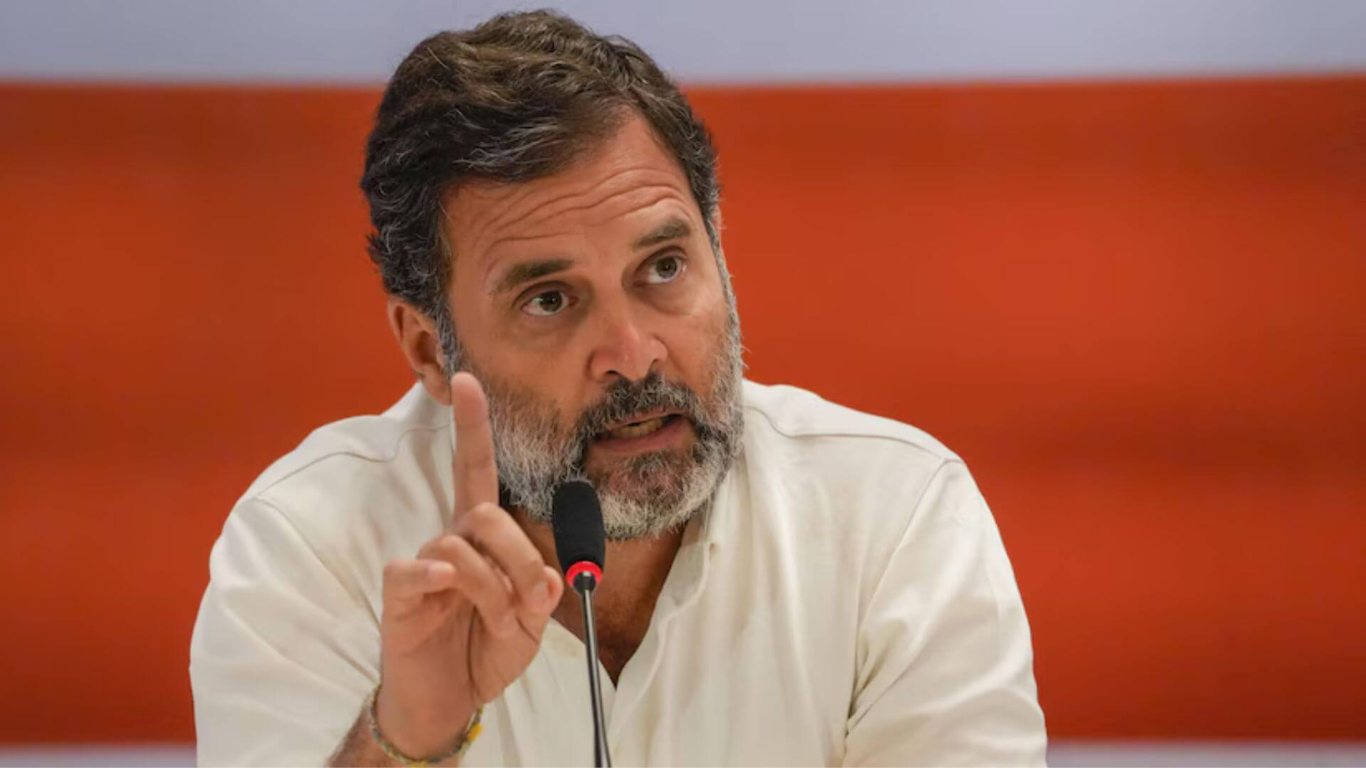
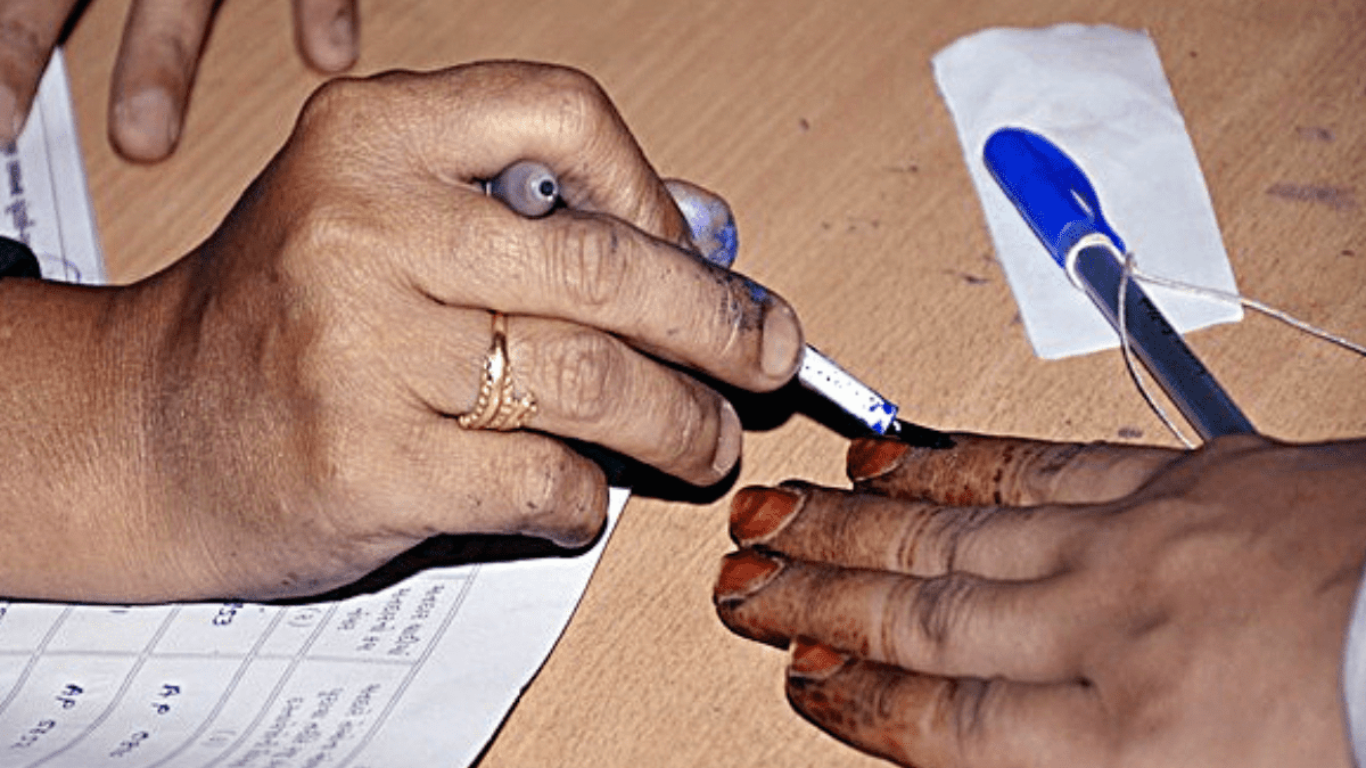
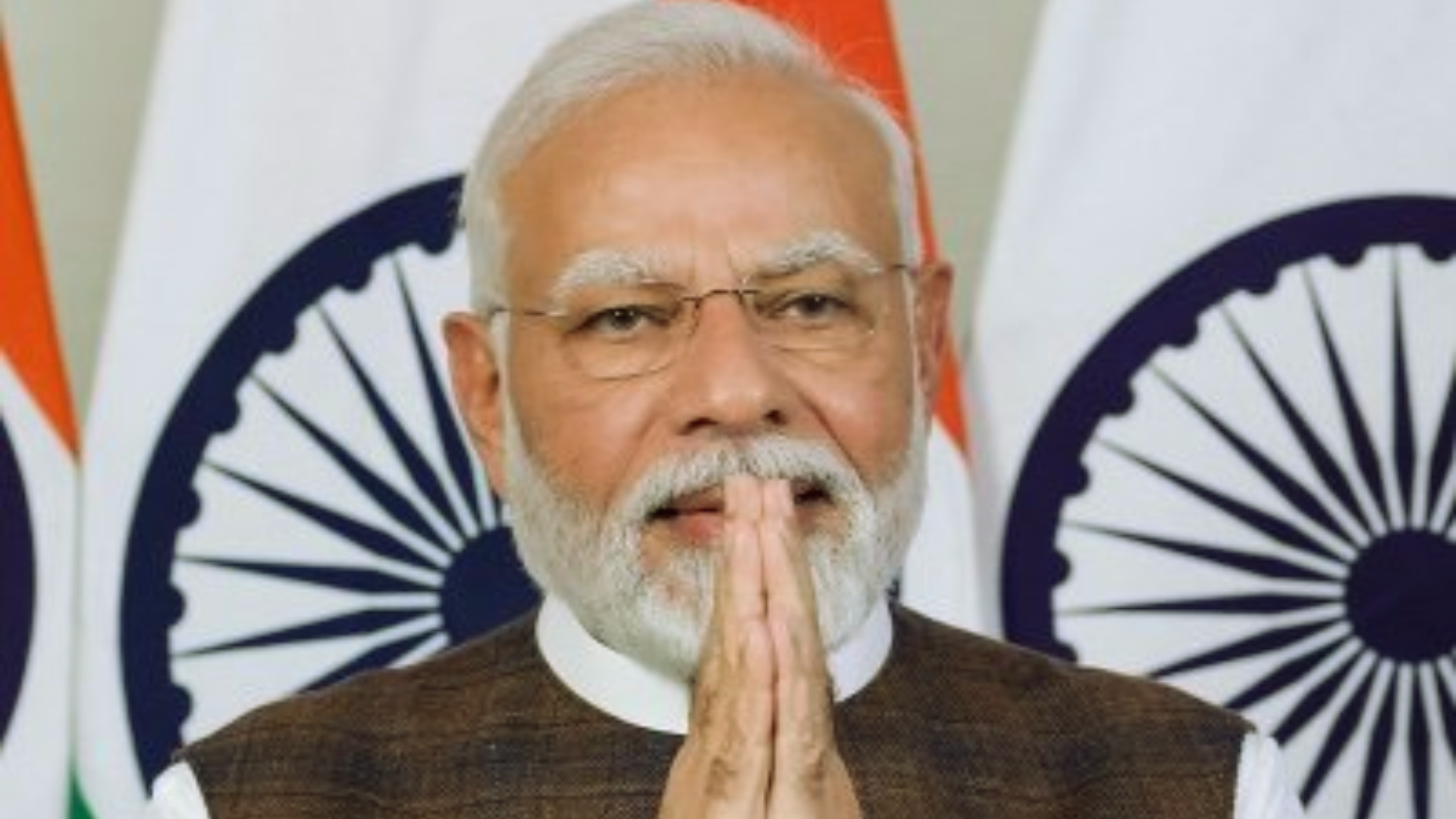
The democratic spectacle of India’s Lok Sabha elections continued with the commencement of polling in 88 constituencies across 13 states and Union Territories in the second phase. Prime Minister Narendra Modi and Union Home Minister Amit Shah both urged citizens to exercise their right to vote, emphasizing the crucial role every voter plays in shaping the nation’s future.
In his call to action, Prime Minister Modi encouraged voters to turn out in record numbers, highlighting the significance of a high voter turnout in strengthening democracy. He specifically urged young and female voters to participate enthusiastically, underscoring the importance of their voices in the electoral process.
Echoing similar sentiments, Union Home Minister Amit Shah urged citizens to participate wholeheartedly in the “celebration of democracy.” He emphasized the need for a strong, secure, and prosperous nation, calling upon voters to choose a government committed to national development and security.
Urging everyone in constituencies voting today, in the second phase of the Lok Sabha elections, to participate in record numbers. A high voter turnout strengthens our democracy. I especially urge our young voters and women voters to turn out in great numbers. Your vote is your…
— Narendra Modi (@narendramodi) April 26, 2024
Both leaders stressed the importance of encouraging friends and family members to vote, recognizing the collective responsibility of citizens in shaping India’s future. Their messages resonated across the nation as polling stations opened at 7 am and were set to close at 6 pm.
The Election Commission of India provided insights into the scale and scope of the second phase of polling, revealing that initially, 89 constituencies were scheduled for voting. However, due to the unfortunate demise of a Bahujan Samaj Party (BSP) candidate in Madhya Pradesh’s Betul, polling in this constituency was deferred.
Kerala emerged with the highest number of constituencies, with all 20 seats going to polls in this phase, followed by Karnataka with 14 seats. Other states participating in the second phase include Assam, Bihar, Uttar Pradesh, Chhattisgarh, Madhya Pradesh, Maharashtra, Rajasthan, West Bengal, Tripura, Manipur, and the Jammu parliamentary seat.
The electoral landscape showcased a diverse array of candidates, with a total of 1202 individuals vying for seats in the Lok Sabha. Notably, 1098 male candidates and 102 female candidates were in the fray, alongside 5,929 third-gender electors exercising their franchise.
The Election Commission highlighted the significant participation of first-time voters, with 34.8 lakh individuals registered to cast their votes. Additionally, over 3.28 crore young voters in the age group of 20-29 years are expected to contribute to the electoral process.
READ MORE : Kotak Mahindra’s Stock Drops Following Card And Online Client Restrictions
Moreover, the election commission introduced innovative measures to facilitate voting for vulnerable demographics, including over 14.78 lakh registered voters aged 85+, 42,226 voters above 100 years, and 14.7 lakh Persons with Disabilities (PwDs) who were provided the option to vote from their homes.
The deployment of observers, model polling stations, and webcasting at polling stations underscored the Election Commission’s commitment to ensuring free, fair, and transparent elections. With over 1 lakh polling stations equipped with webcasting facilities and 251 observers closely monitoring proceedings, the integrity of the electoral process was reinforced.
Special attention was given to gender inclusivity and accessibility, with over 4100 polling stations managed entirely by women and over 640 stations catered to Persons with Disabilities (PwDs). Additionally, model polling stations with local themes were set up across constituencies to enhance voter engagement.
As the second phase of polling unfolded, citizens across the nation embraced their democratic duty, contributing to the vibrancy of India’s electoral democracy. With each vote cast, citizens reaffirmed their commitment to shaping the nation’s future, setting the stage for the subsequent phases of the Lok Sabha elections.


